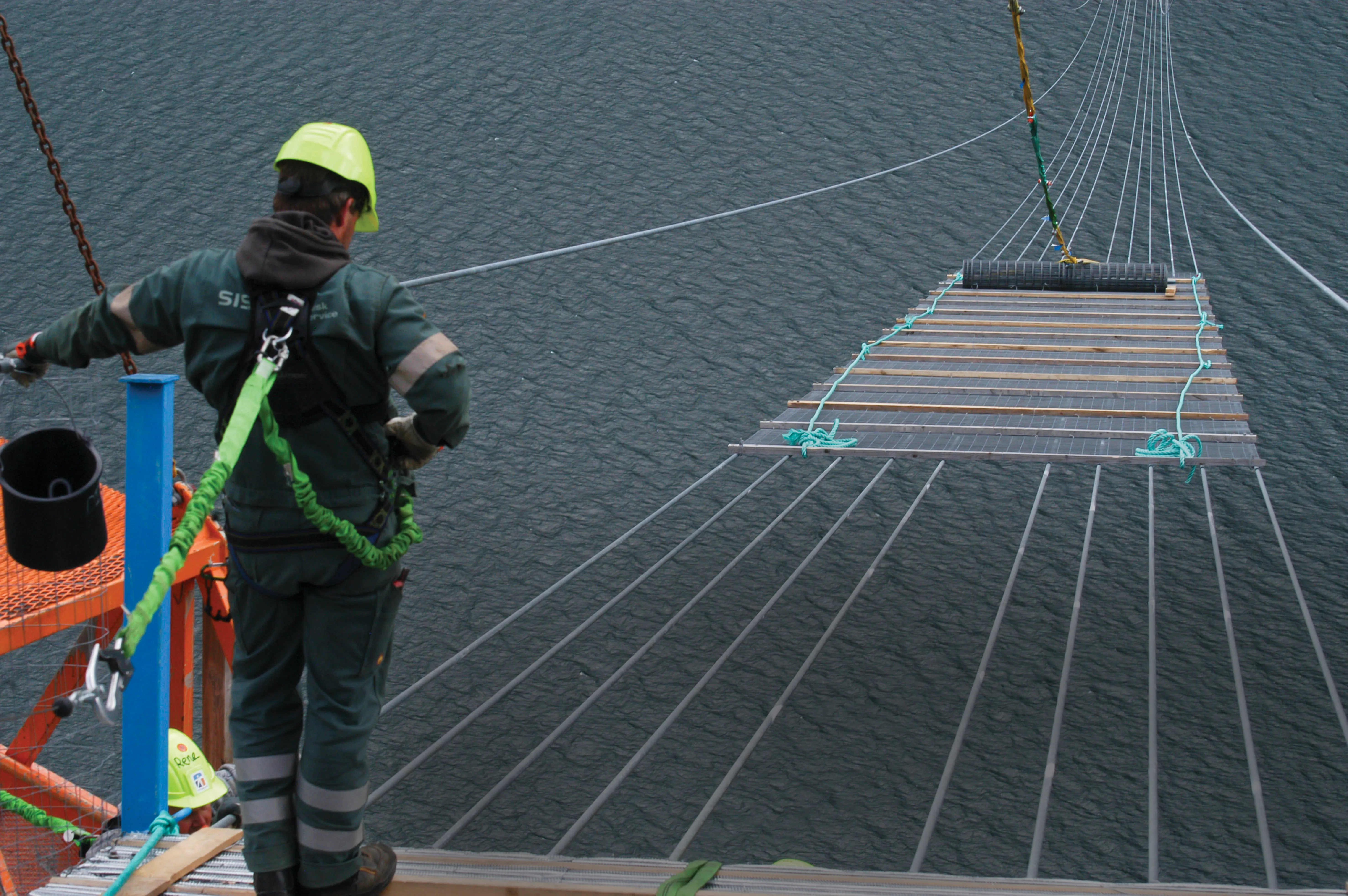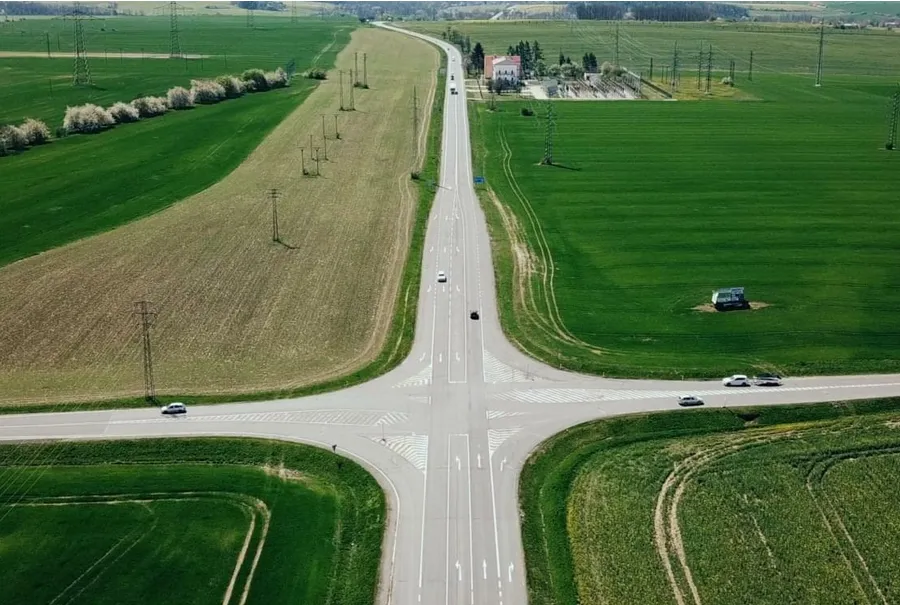John Peck Construction has been awarded the contract to carry out the first major road stability scheme at Niton’s Undercliff on the Isle of Wight, England’s largest island.
This project is part of a major programme of special geotechnical schemes being delivered by Island Roads (made up of VINCI Concessions, Meridiam Infrastructure and Ringway) under the Highways PFI to maintain the highway at locations prone to ground movement.
February 19, 2014
Read time: 2 mins

John Peck Construction has been awarded the contract to carry out the first major road stability scheme at Niton’s Undercliff on the Isle of Wight, England’s largest island.
This project is part of a major programme of special geotechnical schemes being delivered by Island Roads (made up of4084 Vinci Concessions, 7167 Meridiam Infrastructure and 2393 Ringway) under the Highways PFI to maintain the highway at locations prone to ground movement.
Worth in the region of €1.19 million (£1 million), the contract is one of the largest ground stability/highway projects secured by Rookley-based John Peck Construction, on the Isle of Wight.
The work at the Undercliff, where the underlying clay foundations have caused frequent and historic issues of movement, will be undertaken at three sections. In the vicinity of Undercliff Caravan Park and Woodlands, the highway will be anchored by 25m steel cables driven through the clay layers into a more substantial layer of rock. At a section above Hunts Road, more than 112 ten metre concrete piles will be inserted into the ground to strengthen the highway. This operation involves the use of specialist equipment which seeks to adopt a quieter method of installation of the piles and limit the need for lengthy road closures.
The Undercliff scheme was originally scheduled for 2015 and was brought forward after on-going monitoring revealed greater than expected recent movement.
The initial part of the Undercliff work will involve site preparation. John Peck Construction started their stabilisation works from 18 November 2013 and these will be on-going through to 30 April 2014 to ensure they are completed outside of the main tourist season.
This project is part of a major programme of special geotechnical schemes being delivered by Island Roads (made up of
Worth in the region of €1.19 million (£1 million), the contract is one of the largest ground stability/highway projects secured by Rookley-based John Peck Construction, on the Isle of Wight.
The work at the Undercliff, where the underlying clay foundations have caused frequent and historic issues of movement, will be undertaken at three sections. In the vicinity of Undercliff Caravan Park and Woodlands, the highway will be anchored by 25m steel cables driven through the clay layers into a more substantial layer of rock. At a section above Hunts Road, more than 112 ten metre concrete piles will be inserted into the ground to strengthen the highway. This operation involves the use of specialist equipment which seeks to adopt a quieter method of installation of the piles and limit the need for lengthy road closures.
The Undercliff scheme was originally scheduled for 2015 and was brought forward after on-going monitoring revealed greater than expected recent movement.
The initial part of the Undercliff work will involve site preparation. John Peck Construction started their stabilisation works from 18 November 2013 and these will be on-going through to 30 April 2014 to ensure they are completed outside of the main tourist season.







